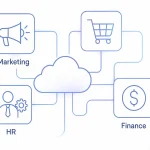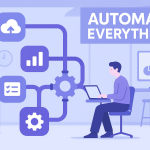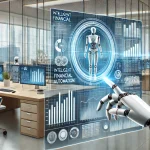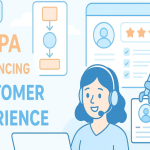Case Study: Data Scraping in Tourism & Hospitality – How RPA Saved 80% Manual Effort
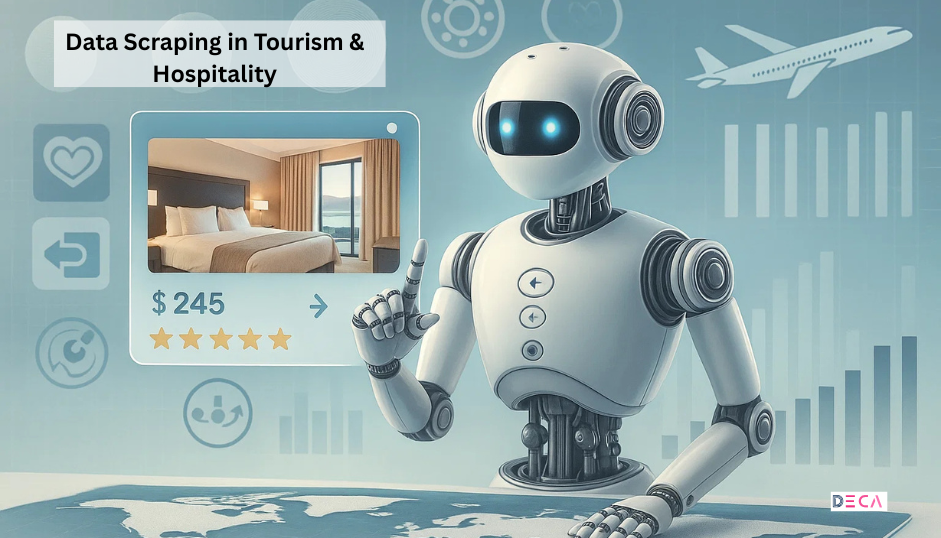
Introduction
Data scraping is becoming a cornerstone of digital transformation in the tourism and hospitality industry. From pricing strategies to customer experience management, businesses in this sector rely heavily on accurate and timely data to make informed decisions. Whether it’s monitoring competitor pricing, analyzing customer reviews, or tracking ratings across platforms, the ability to collect and process information efficiently can mean the difference between gaining or losing market share.
Traditionally, this type of data gathering was performed manually—teams of employees would spend countless hours browsing booking platforms, copying details into spreadsheets, and validating information. Not only was this process time-consuming, but it also left room for human error and inconsistencies.
This case study highlights how our team helped a tourism and hospitality client streamline their data collection process by implementing Robotic Process Automation (RPA). Using OpenRPA, we built a one-time automation that extracted structured insights quickly, cost-effectively, and with complete accuracy.
Client Overview
The client is a mid-sized player in the tourism and hospitality sector, offering a mix of accommodations and travel services. Their growth strategy required a deeper understanding of competitive pricing trends, customer sentiment, and overall market dynamics. To achieve this, they needed access to large volumes of structured data from Porchlight Inside Trak, a platform rich in reviews, ratings, and pricing information.
However, their internal team lacked the tools and expertise to automate this process. Manual data collection was not only inefficient but also impractical for the scale of information required. They needed a reliable automation partner who could deliver a cost-effective solution quickly.
Challenge / Project Scope
The client approached us with clear requirements:
- Large-Scale Data Extraction
They needed to scrape comprehensive datasets from Porchlight Inside Trak, including:- Pricing details
- Customer reviews
- Ratings and feedback metrics
- Other key parameters influencing business decisions
- Quick Turnaround
Since the data was required for an upcoming strategic planning exercise, the solution had to be designed, tested, and delivered within a short timeframe. - Cost-Effectiveness
As this was a one-time requirement, the client was not interested in purchasing expensive long-term software licenses or ongoing scraping subscriptions. - Accuracy & Compliance
The data had to be clean, accurate, and structured in a way that could be easily consumed for analysis. Additionally, the solution had to comply with ethical scraping practices to ensure no disruptions to the source platform.
In summary, the scope was to build a one-time, automated data scraping solution that was accurate, efficient, and delivered under tight deadlines.
Solution Delivered
Our team designed and deployed a one-time data scraping automation using OpenRPA, tailored specifically to the client’s needs. The solution was broken down into four main components:
1. Input & Setup
- Configured the OpenRPA environment to target Porchlight Inside Trak.
- Defined scraping rules for each data element—pricing, reviews, ratings, and metadata.
- Built error-handling mechanisms to ensure uninterrupted execution even if the website structure changed slightly during scraping.
2. Automated Data Extraction
- The RPA bot was programmed to mimic human browsing behavior, navigating through pages to collect data.
- Extracted information was structured into fields such as:
- Hotel/property name
- Pricing tiers
- Star ratings
- Customer feedback snippets
- Review counts and average sentiment scores
- Data was captured at scale without triggering rate-limiting or blocking issues.
3. Data Structuring & Storage
- The extracted dataset was formatted into both CSV files and a relational database, giving the client multiple options for analysis.
- Validation routines were embedded to check for missing or duplicate values, ensuring the data’s integrity.
4. Reporting & Delivery
- A summary report was generated, highlighting key insights such as:
- Average pricing across properties
- Top-rated accommodations
- Common themes in customer reviews
- The report was delivered alongside the raw dataset, giving both high-level insights and detailed information.
Business Impact / Results
The implementation of this data scraping solution had a measurable impact on the client’s operations:
- 80% Reduction in Manual Effort
- What previously required several employees working for weeks was completed in a matter of hours.
- Teams could now focus on interpreting data instead of collecting it.
- Quick Turnaround
- The automation was built and delivered within the client’s tight deadline, allowing them to leverage insights for their upcoming strategy meeting.
- High Accuracy
- Automated validation ensured the dataset was complete, accurate, and free of duplication.
- Clean data gave the analytics team confidence in their decisions.
- Cost-Effectiveness
- By using OpenRPA, an open-source tool, the client avoided expensive licensing fees.
- The one-time automation model ensured maximum ROI without recurring costs.
- Scalable Framework
- Although designed as a one-time solution, the framework can be easily adapted for future scraping projects.
- This gives the client a foundation to expand data-driven strategies in other areas of tourism and hospitality.
Conclusion
This case study illustrates how data scraping with RPA can bring significant efficiency gains to the tourism and hospitality industry. By leveraging automation, our client eliminated manual effort, achieved higher accuracy, and gained timely insights into competitor pricing and customer sentiment.
More importantly, the project demonstrated that automation does not always require a large, ongoing investment. Even a one-time data scraping solution can generate substantial value by saving time, reducing errors, and enabling smarter decision-making.
For businesses in tourism and hospitality—and indeed in other industries—the lesson is clear: automation transforms data collection from a tedious manual task into a strategic advantage.
